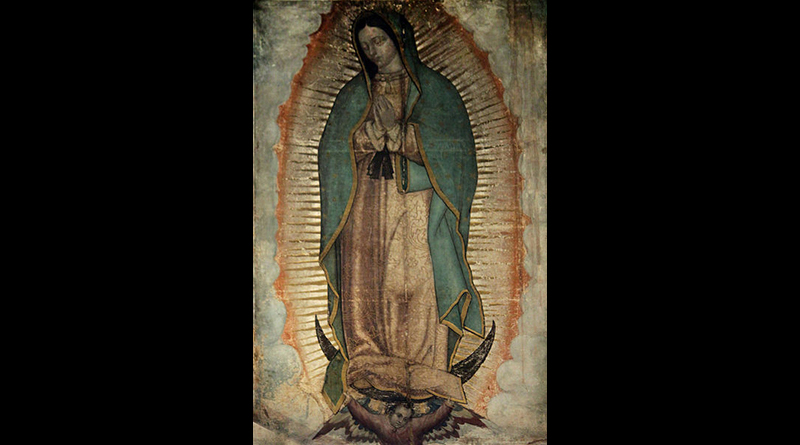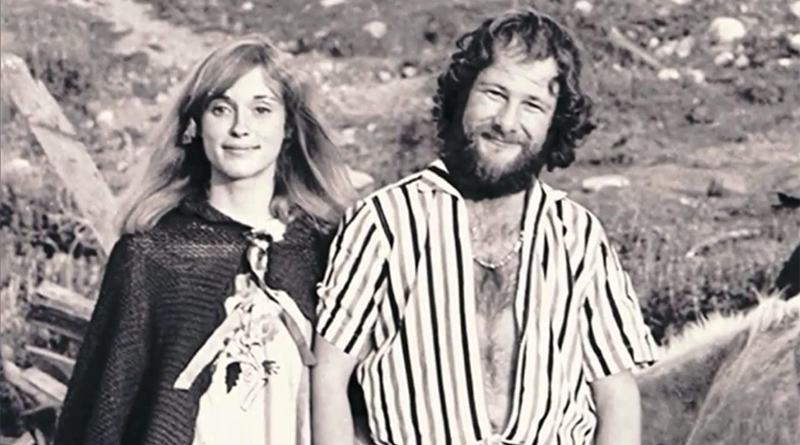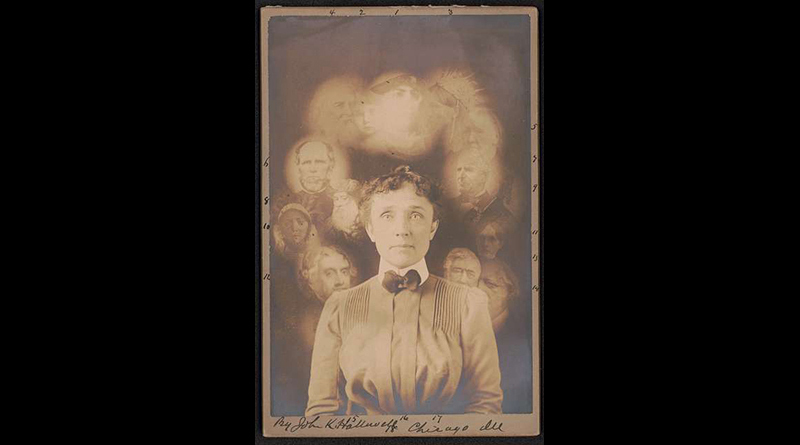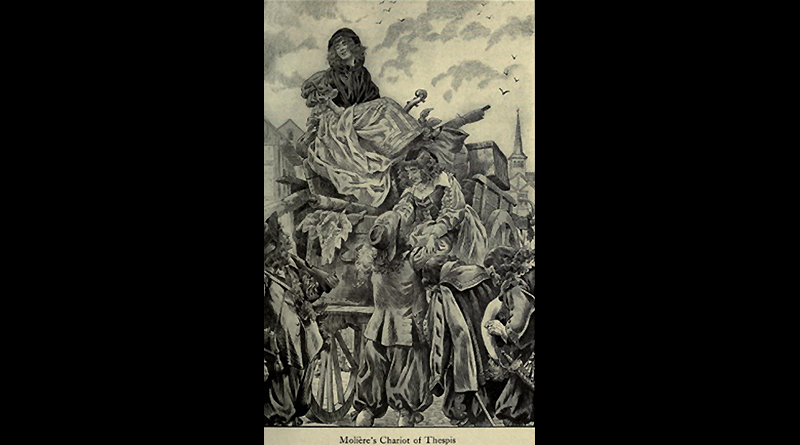
…From all this one may conclude that the equivalent of four hundred pounds a year was the minimum for respectable travelling [circa 1600] and that the Average Tourist would certainly need at least half as much again. But this is assuming that all who were respectable, or above the need to be so, paid all their own expenses, which was far from being the case. There were plenty of rich travellers who defrayed all charges for a large following. Landgraf Ludwig II of Hessen-Darmstadt even paid a certain knight to accompany him, six hundred florins [£600] down and fifty florins a month, besides expenses and clothes. So when Cardinal Luigi d’Aragona toured Europe, starting May 9, 1517, and arriving home March 16, 1518, and spent about fifteen thousand ducats [£35,000] meantime, in which “eating and drinking were the least costly items,” we may conclude that the thirty-five persons he took with him, and the forty-five he brought back, received at least expenses. Another churchman, Johann Gottfried von Aschhausen, bishop of Würzburg, left Strassburg in 1612 with a retinue of one hundred and thirty, twenty-one of whom were young men of high birth. Before he passed out of Germany this number was increased by fifty more. He was away a year in Italy, which cost him thirty-two thousand seven hundred and fifty-four scudi [£40,000].
But since he went as the Emperor’s ambassador, this is rather a fresh example of how travelling was facilitated by embassies. For among the advantages of various kinds that rendered accompanying the journeyings of diplomatists the best means of seeing the world, the economical advantages were as important as any. It by no means followed, however, that anything but board and lodging were provided by him; in the detailed accounts of Sir G. Chaworth regarding his special embassy to Brussels is no mention of outlay on anything but necessaries. On the other hand, we find another English ambassador giving one hundred pounds apiece to the gentlemen who were to accompany him, to provide their outfit. In any case, this expedient extended only as far as the ambassador went, a specially important limitation for Englishmen of Queen Elizabeth’s day, since she had no ambassador at Venice throughout her reign; and even when James I sent one thither he was, during his first term of office, the only English ambassador in Italy. Bearing this in mind, and turning to other methods whereby the Average Tourist from England might reduce his expenditure, we come upon what is, perhaps, the most remarkable fact of the time in regard to the kind, and the extent, of the usefulness with which travel was credited, namely, that Queen Elizabeth subsidised it. It is obvious from the life-stories of all those who served her that they were treated with extreme stinginess and that employment by the government meant heavy expense instead of salaries; and yet, as to travel, these are the words of Bacon, who had excellent means of knowing the facts: “There was a constant course held, that by the advice of the secretaries, or some principal councillor, there was always sent forth into the parts beyond the seas some young men of whom good hopes were conceived of their towardliness, to be trained up and made fit for such public employments and to learn the languages. This was at the charge of the Queen, which was not much, for they travelled but as private gentlemen.”
Ecclesiastics, it goes almost without saying, received special terms, mainly in the shape of free lodging at religious houses, although the opinion of one abbé ought not to go unrecorded, — “avoid monasteries,” because the charities expected amounted to more than inn-charges. This certainly did not apply to Muscovy, where, if a monastery could be found, it undoubtedly did mean free board and lodging for the three days, the usual limit of time, universally, for claimers of charity. But what with monasteries and special foundations there must have been far more really free accommodation than is apparent from touristbooks, written as the latter almost entirely are by the class that paid its way. Even apart from the above there were incidents such as one recorded in 1650, of eight thousand pilgrims to Rome from Spain being fed and housed for three days at Naples at the expense of the Spanish viceroy there. At Compostella, too, for two reals [7s, 6d.] could be obtained a parchment document with a cardinal’s seal attached, recommending the bearer for alms as one who was on his way to other places of pilgrimage; and in Italy not even that much was needed, inasmuch as the natives were then so averse to begging that foreigners who had no such scruples found little difficulty in traversing it at next to no cost.
Where a begging-license was necessary, that could easily be obtained also by being, or pretending to be, a student. Loyola lived in term-time at Paris on what he gained by begging at fairs in Flanders and England during holidays. Another useful option open to students, of whatever social position, was the exemption from local tolls, frequently a privilege belonging to all who had matriculated at the university of the district; the graduate of Padua, for instance, was exempt throughout Venetian territory. It so happened that one of these tourists was elected rector of Bologna University during his stay there in 1575, and that during his term of office some students were forced to pay taxes. He and the managing body at once appealed to the Pope, who not only confirmed, but extended, the immunities.
In Italy the tolls were so oppressive that the matriculation fees, twenty lire [£5] at Padua, twelve at Bologna, were soon made good, even supposing them to have been paid; at Bologna, at least, matriculation could be obtained for nothing by applying in formâ pauperis. The examination was no bar worth mentioning. In Germany, moreover, according to Moryson, the tenancy of a house often carried with it the obligation to board and lodge a student free. Another traveller who economised thoroughly was Sastrow, who, on reaching Rome, took service at the hospital of Santa Brigitta, cooked, washed-up, made the beds, and received the equivalent of 2s. 6d. a month, while Jacques Callot, the artist, when he ran away from home, took the way to Italy in the company of those gypsies who appear in those sketches of his which form one of the most vivid memorials of the travelling life of the time. Yet with all these opportunities which presented themselves to the needy, we are told that Turkey was the only country of Europe where poverty was no bar to travel.
— Touring in 1600 (published 1911), by E.S. Bates.






